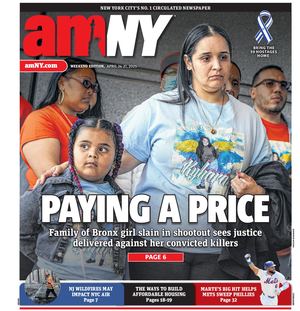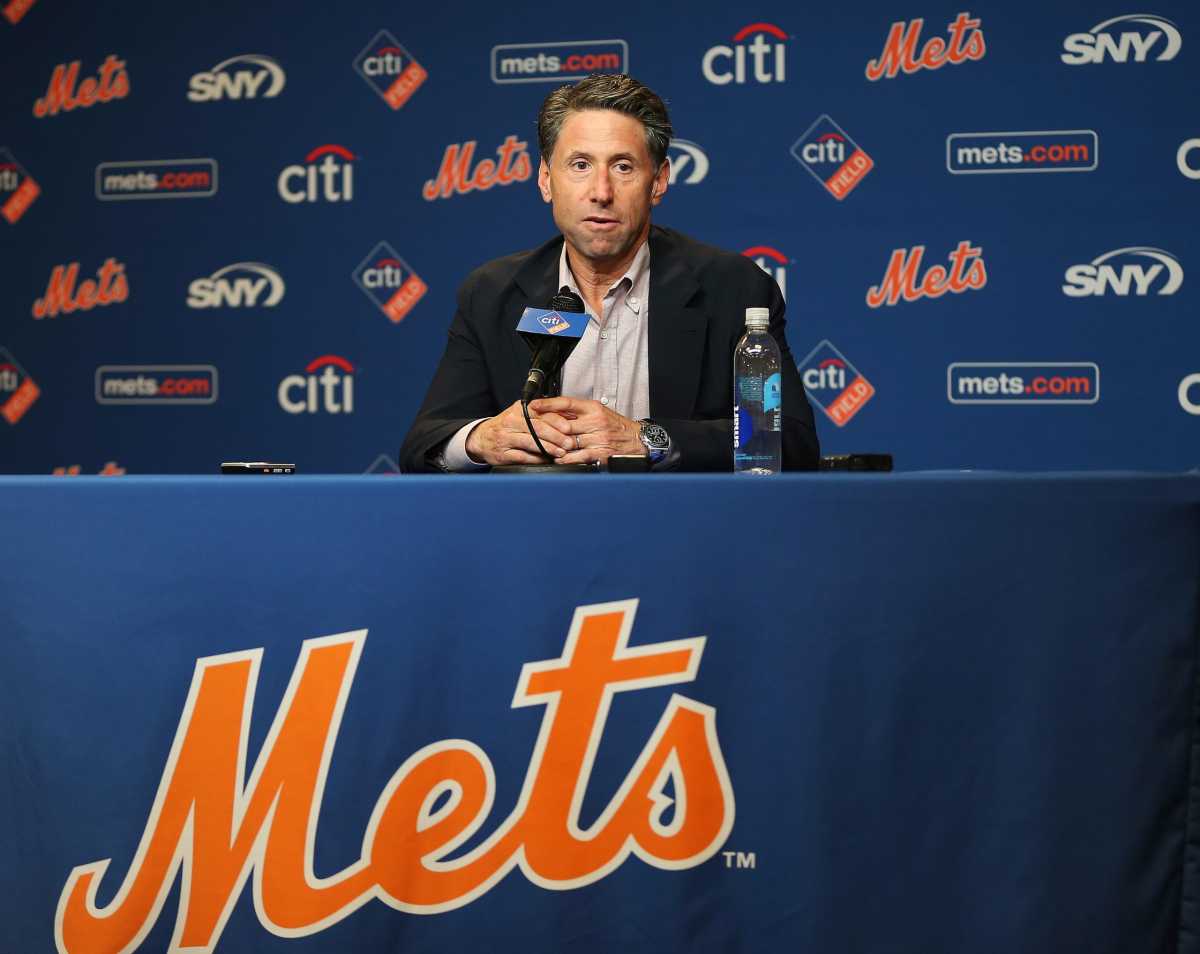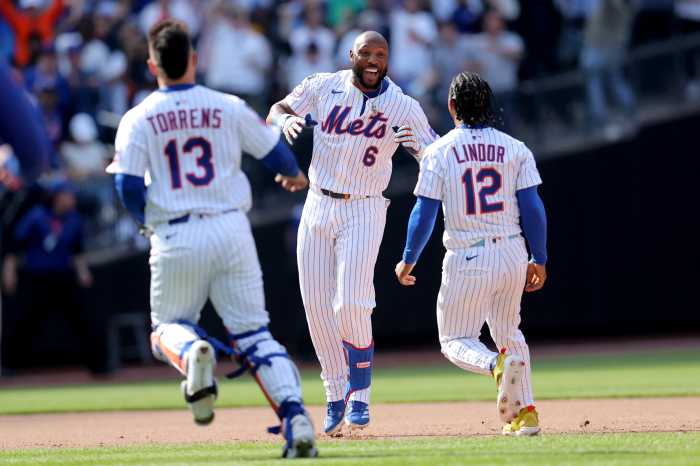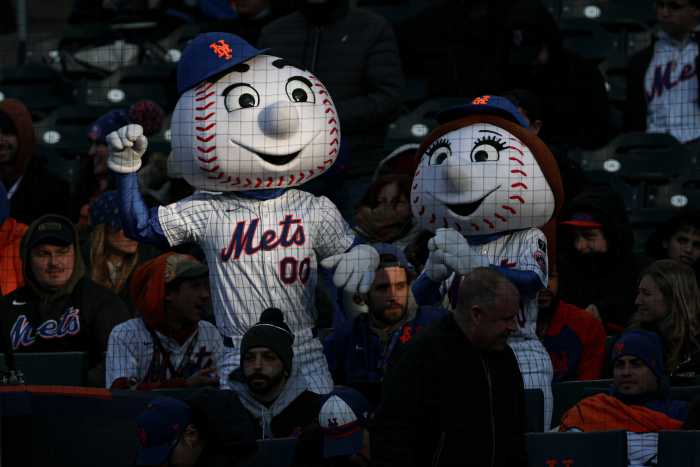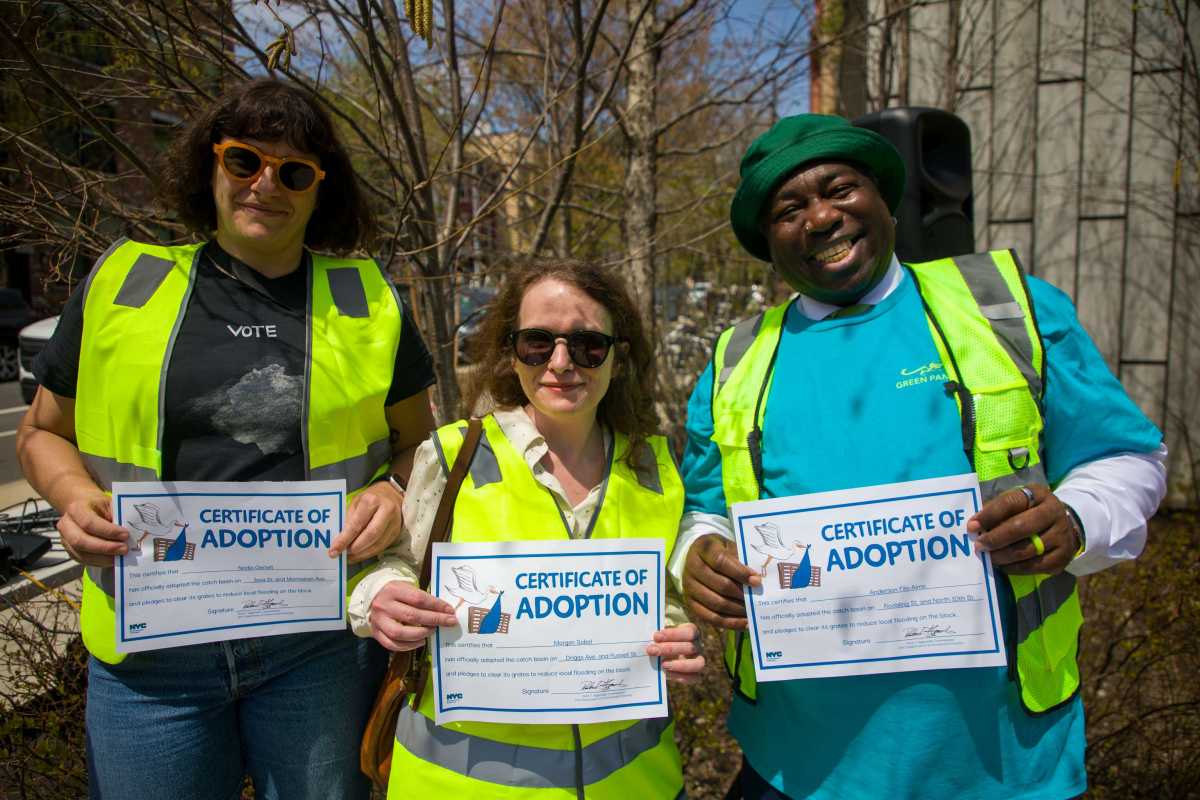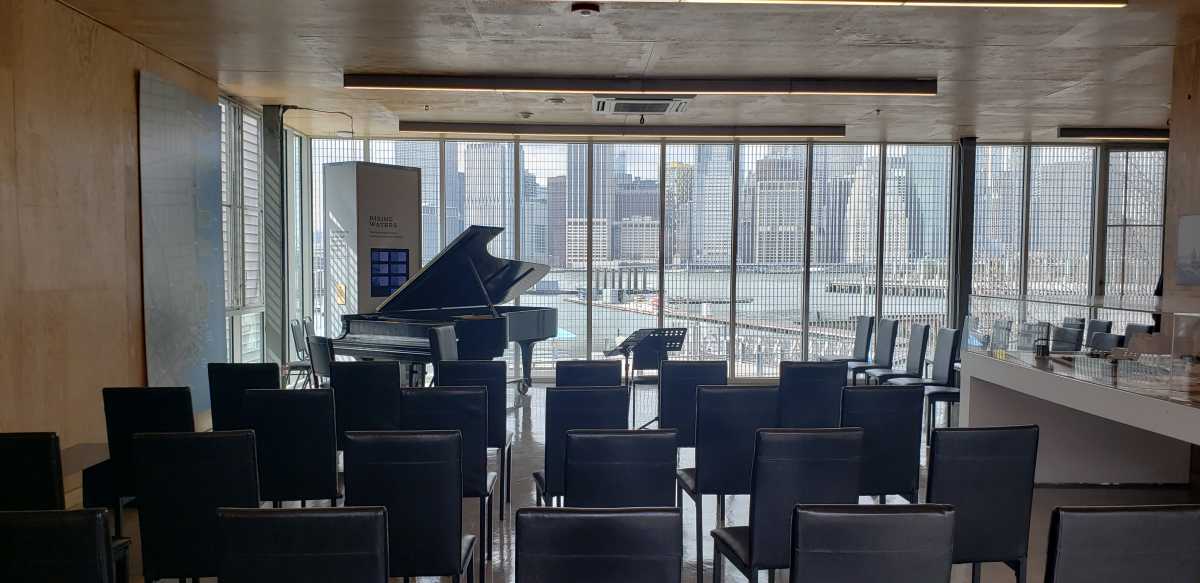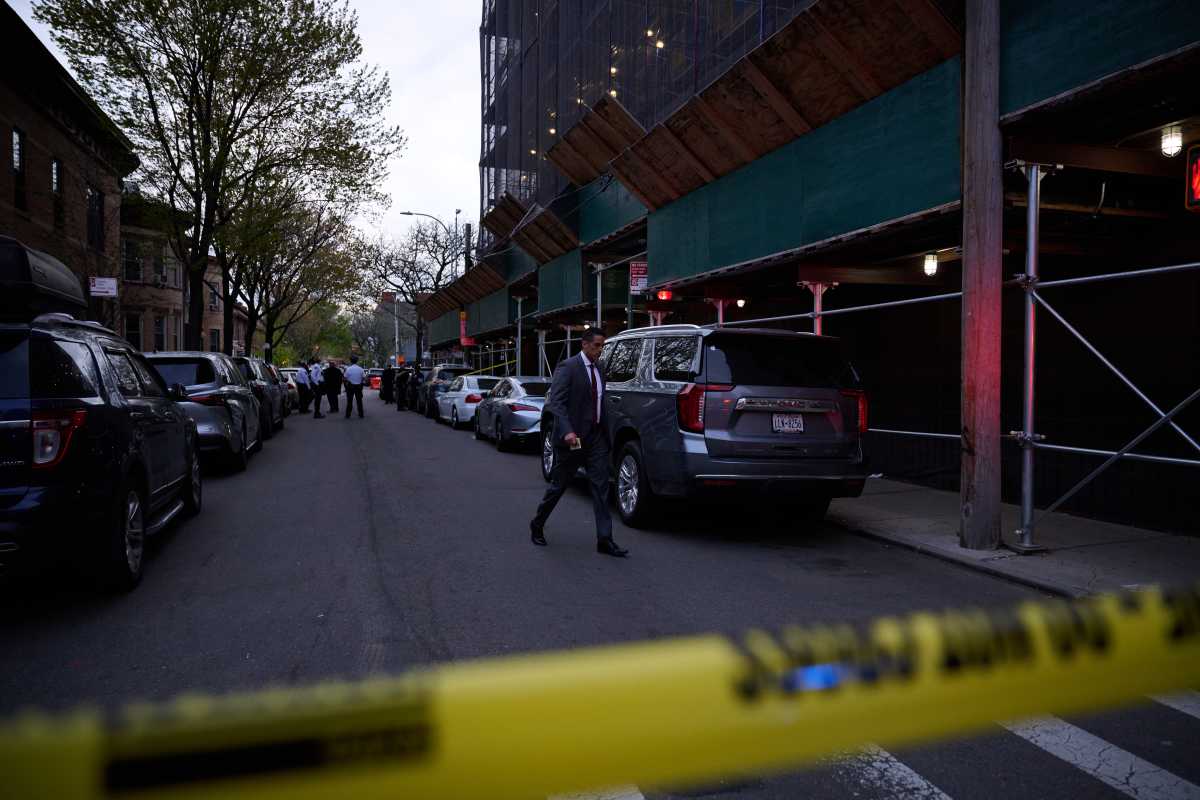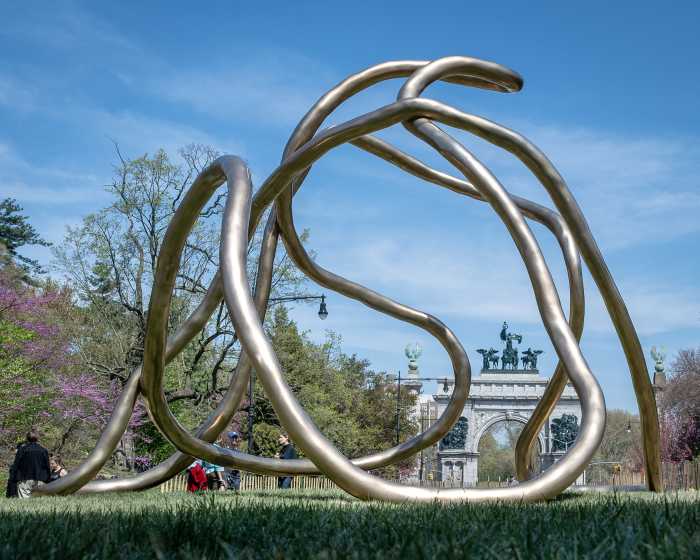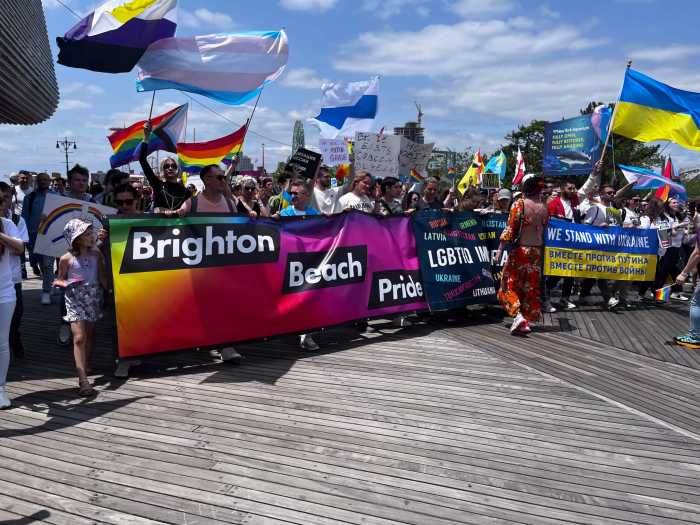Desperation from baseball fans has built up over the last month as Major League Baseball sputters and stalls toward a return-to-play plan via ineffective negotiations.
While they uneasily wait for the likely autonomous ruling of a 48-to-54-game season by commissioner Rob Manfred, an (unfair) added level of anxiety is slowly surfacing for supporters of the New York Mets.
It’s a foregone conclusion that MLB’s truncated 2020 season is going to hurt teams all around the league. Games will be played without fans in attendance, leading to sizable losses for team owners who rely heavily on gate receipts, parking, merchandise, and concessions at the stadium.
Reports in the last month have cited that teams stand to lose an average of $640,000 per game — a number that has been made a headliner for the owners’ case of why players should not be paid their prorated salaries.
Given their location in the largest sports market in the United States, the Mets would be one of the hardest-hit teams. While the numbers will surely differ given the potential length of the season, the Mets were expected to lose approximately $214 million during the shortened year in a report last month by the Associated Press.
Only the Yankees and Los Angeles Dodgers stand to lose more.
The difference between those three franchises, though, is that the Yankees and Dodgers are committed to consistently competing. That’s not the case for the Mets.
A source with knowledge of the organization’s front office admitted to amNewYork Metro on Monday that the coronavirus-shortened 2020 season and the financial ramifications that come with it will “hurt the Mets more than most,” because the Fred and Jeff Wilpon — the owners of the club — will essentially stop pumping money into the team.
“They run such a cheap operation,” the source added. “Given the fan base and market, they should be spending two times more than what they are.”
“They are doing just enough to keep the fans coming, nothing more.”
Such sentiments will only strengthen the cry of fans urging the Wilpons to sell the team, which they are trying to do despite the impact COVID-19 has had on the economy and the sport.
An inability to sell the team would see the Mets’ payroll drop drastically under the Wilpons in 2021 from their current figure of $166.5 million, which is ranked just eighth-highest in majors this year.
They are on the hook for $76.1 million next year as big contracts such as Yoenis Cespedes’, Jed Lowrie’s, and David Wright’s deals officially come off the books. But there are numerous arbitration-eligible players like Noah Syndergaard and Michael Conforto that will see that number jump over the winter.
Other players not tethered to guaranteed deals — like catcher Wilson Ramos — could suddenly be made expendable due to frugality rather than production.
For an organization starving for consistent success, cutting corners when the team is on the verge of building something promising will destroy any momentum built over the last two years.
There is no excuse for a big-market club that plays in New York to have a payroll between $120 million and $130 million.
In February, two-month negotiations between the Wilpons and Mets minority owner Steve Cohen — a hedgefund billionaire with an 8% stake in the team — fell through which would have given the Long Island native 80% majority ownership for $2.6 billion.
Since the outbreak of the pandemic, the price of such a share has plummeted by as much as $1 billion, per reports.
“[Cohen] totally dodged a bullet,” the source told amNewYork Metro.
Since Cohen’s failed takeover, the likes of Alex Rodriguez and Jennifer Lopez stepped forward to mount a pursuit at ownership, as did New Jersey Devils and Philadelphia 76ers owner Joshua Harris.
The New York Post reported on Saturday that an international “mystery suitor” is also interested in the club — but nothing is serious as of yet. Jeff Wilpon himself said that there are “four or five suitors that are out there,” a statement that was immediately met with skepticism.
